Search Engine Optimisation (SEO) is the process of optimising content so that it gains more visibility through unpaid results on search engines such as Google and Bing. This process includes adding alt-tags to imagery, keywords to content, writing articles and developing sitemaps.
SEO is extremely important to businesses that want to be found online. Google search is one of the most popular methods of finding answers to queries and discovering products and services online.
We’ve created a list of SEO statistics to prove just how important it is to optimise your content for search engines!
- Google is responsible for 94% of total organic traffic. (Web Presence Solutions, 2017)
- There are 6,586,013,574 searches made a day worldwide. (SmartInsights, 2018)
- The first position on Google search results has a 34.36% clickthrough rate for desktop and 35% for mobile. (Hubspot, 2018)
- SEO leads have a 14.6% close rate, compared to only 1.7% for outbound leads such as print advertisements. (Search Engine People, 2018)
- 80-90% of shoppers read online reviews before purchasing a product. (SearchEnginePeople, 2018)
- BrightLocal’s 2017 Local Consumer Survey revealed that a majority of consumers would regard a local business highly based on positive online reviews. 73% of consumers trust a business based on positive reviews.
- An average consumer reads seven reviews to develop an opinion about a company.
- 88% of local clients trust reviews.
- 30% of Google mobile searches are related to location. (Hubspot, 2018)
- Out of the 100 billion searches Google receives a month, more than half of those come from mobile devices. (Google, 2018)
- 88% of consumer local business searches on a mobile device either call or visit the business within 24 hours. (Nectafy)
- 46% of all searches on Google are seeking local information.
- 3. 97% searched online to find a local business (Source: Hubspot)
- 51% of smartphone users have discovered a new company or product when searching on their phone. (Hubspot, 2018)
- Mobile searches for shopping lists have grown by over 150% from 2016-2018. (Google, 2018)
- The average length of top ranking pages on Google is 1,890 words. (SearchEnginePeople, 2018)
- Companies with a blog receive 97% more links to their site. (Hubspot, 2015)
- Republishing and updating information on old blogs can increase traffic by more than 100%. (SearchEnginePeople, 2018)
- 81% of U.S. online customers consider blogs a trusted source of information and advice. (Marketpath, 2016)
- 59% of B2B marketers say SEO has the biggest impact on their lead generation goals. (Marketing Charts)
- 57% of B2B marketers stated that SEO generates more leads than any other marketing initiative. (Junto, 2017)
- 45% of enterprises are investing more than $20,000 on SEO each month. (B2BMarketingZone, 2018)
- Mobile voice-related searches are 3X more likely to be local-based than text-related searches. (Search Engine Watch, 2017)
- 35.8% of millennials use voice-enabled digital assistants at least once a month. (eMarketer, 2017)
- 20% of search queries on Google’s mobile app and on Android devices are voice searches. (Search Engine Land, 2016)
SEO Future Predictions
Voice Search

Searching queries using your voice is going to become increasingly popular over the years, especially with the rise of virtual assistants such as Alexa by Amazon.
- 50% of all searches will be voice searches by 2020, per comScore.
- About 30% of all searches will be done without a screen by 2020, per Gartner.
Mobile Search

Smartphones are only becoming faster and more advanced and they are a convenient way to quickly search for something without having to turn on a laptop or PC. More than 50% of searches are conducted on a mobile device and it is predicted that this is only going to rise within the coming years. That is why it is extremely important to ensure that your website is mobile optimised and accessible across all devices.
Concise Page Information

People use their mobile devices to quickly search something on the internet whilst they are on the move. Those using search engines on mobile are going to expect clear, concise and straight to the point answers when they land on a page from search engines. Many people leave a page when they can’t find a clear answer in a short time period, so making pages simpler to navigate and content clearer is going to be a key focus for companies.
If you want to learn more about search engine optimisation for your business, we offer a Government funded Digital Marketer Apprenticeship that is suitable for upskilling existing employees or hiring someone new. This qualification delivers key information on how to optimise your content for search engines, as well as covering other topics such as social media management and campaign building. Find out more here.
Liked this article? Check out our other article on why SEO is important for business and the simple steps you can take to ensure your website is optimised! Read more here.


